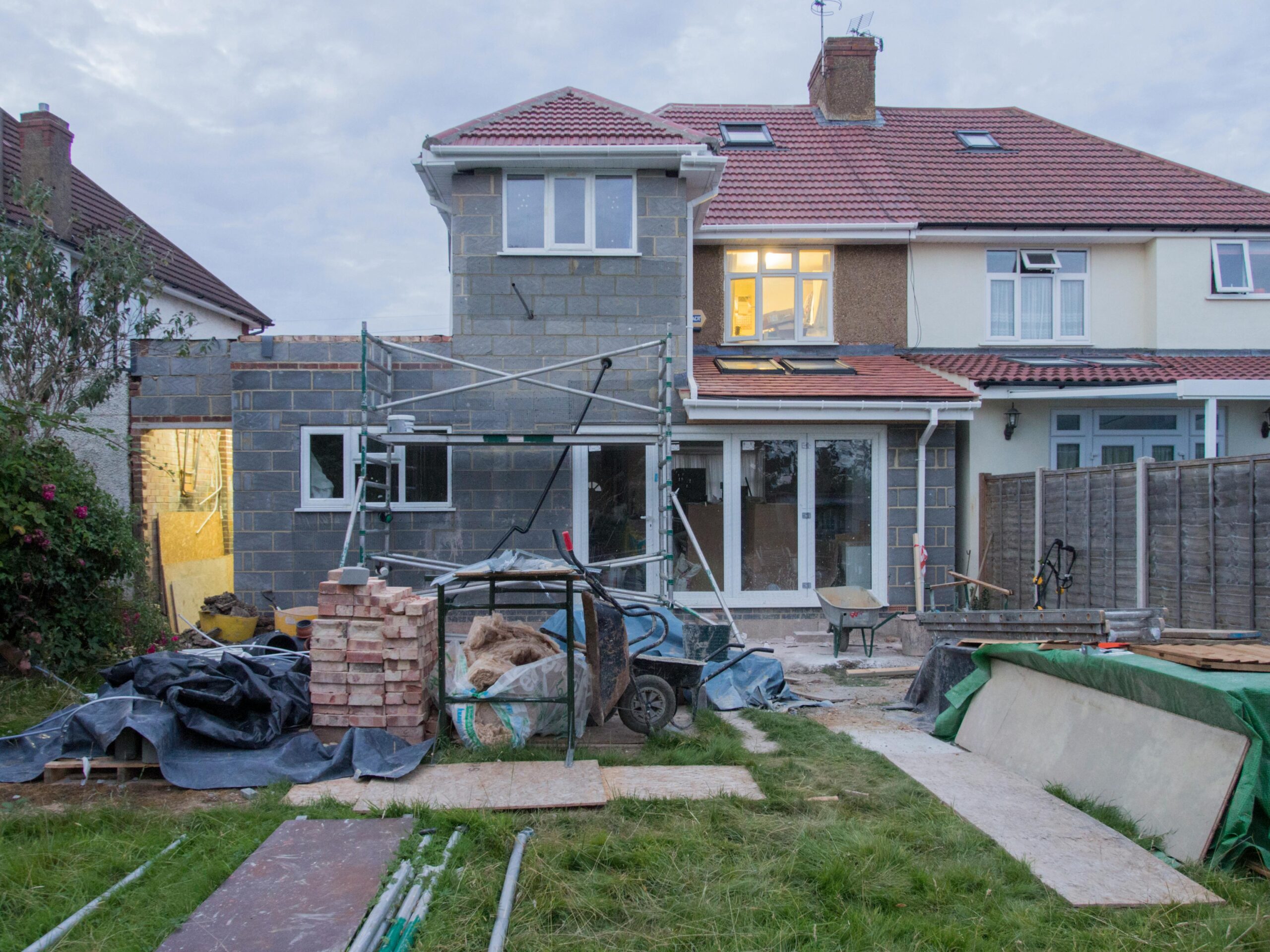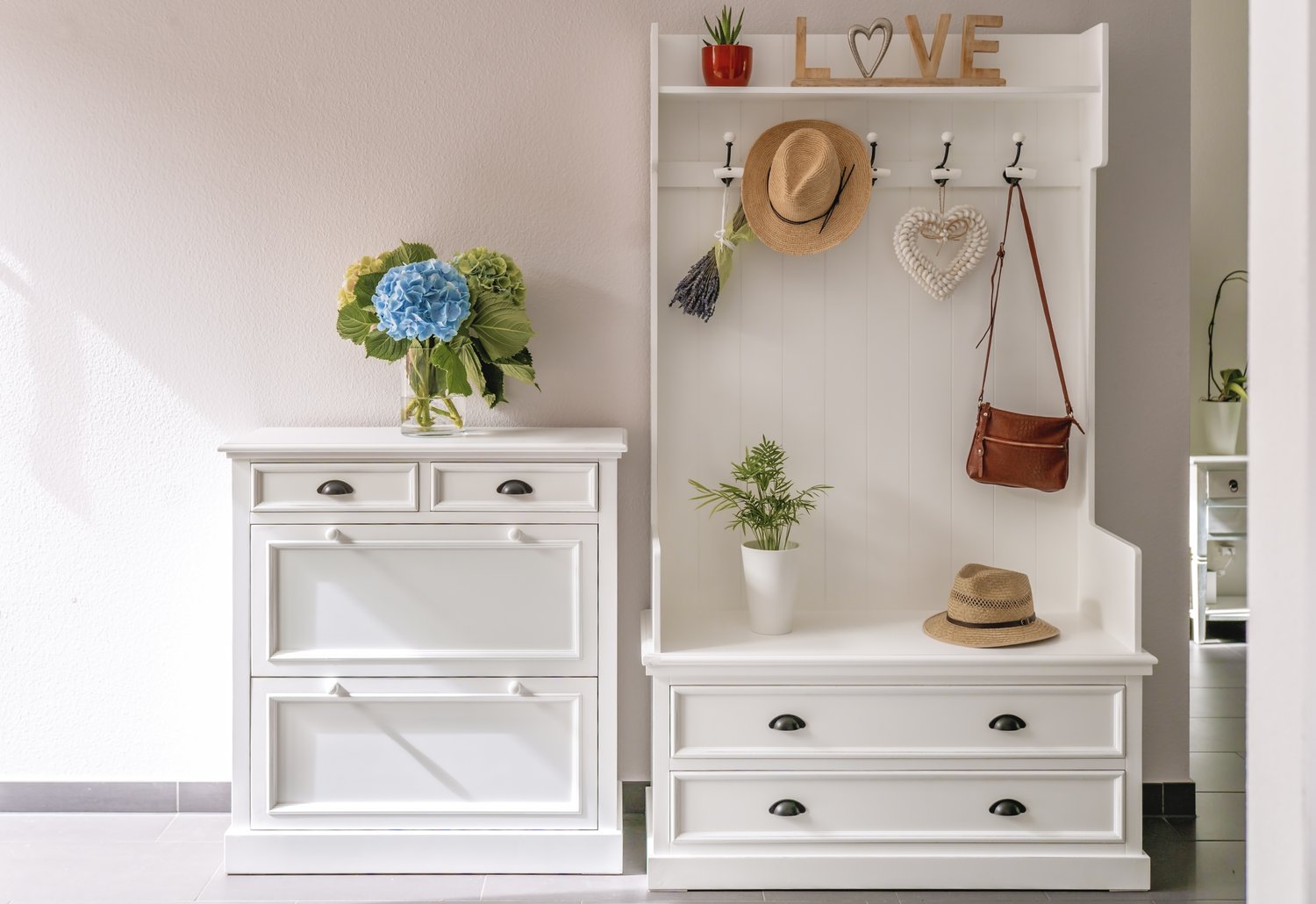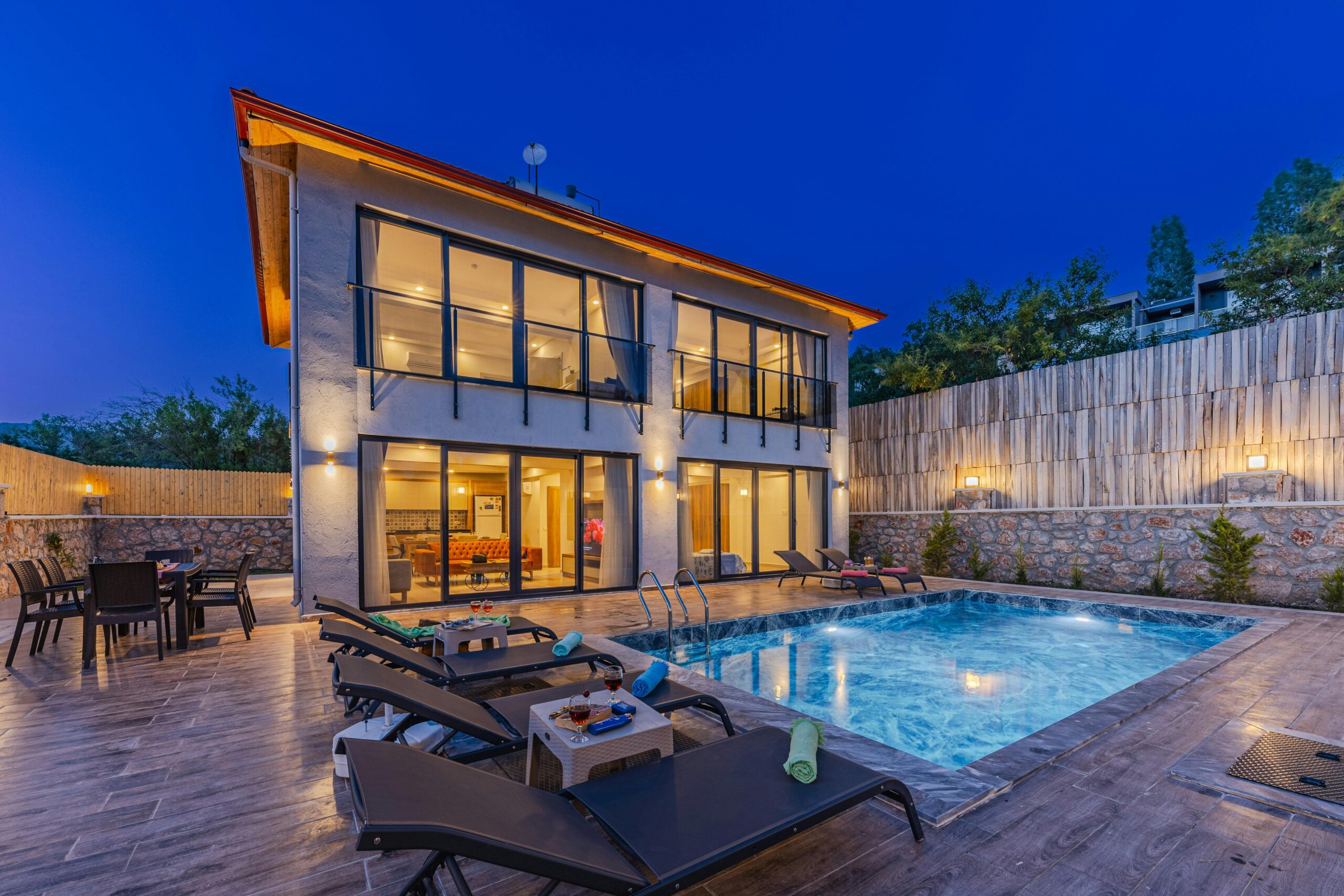When your family grows or your lifestyle changes, your home may start feeling cramped. Building an addition offers a solution that avoids the hassle and expense of moving entirely. However, home addition projects require careful financial planning and consideration of various cost factors. This article breaks down the typical expenses associated with different types of home additions, from single rooms to entire second stories, helping you create a realistic budget for expanding your living space.
Understanding Basic Home Addition Costs
The cost to build a room addition per sq ft typically ranges from $100 to $300, depending on your location, materials, and the complexity of the project. This significant variation means a 200-square-foot addition could cost anywhere from $20,000 to $60,000. Factors influencing this range include whether you’re building on a slab or over a crawlspace, the quality of finishes you select, and local labor rates. The national average for a standard home extension falls around $150 per square foot, but premium finishes or challenging site conditions can drive this figure much higher.
Creating an accurate home addition cost estimate requires breaking down expenses into categories and understanding the relative proportion each contributes to your total project cost. Obtaining multiple contractor bids is essential for establishing a realistic budget home extension plan, as estimates can vary significantly between professionals based on their experience, crew availability, and current workload.
Design and Planning Expenses
Before construction begins, you’ll need to invest in proper design and planning services. Architectural plans typically cost between $2,000 and $8,000, depending on the complexity of your addition. These plans aren’t merely a formality—they’re essential documents that guide construction and help secure necessary permits. Some homeowners attempt to save money by using stock plans, but customization is often necessary to ensure your addition integrates seamlessly with your existing home, both structurally and aesthetically.
Engineering services may add another $500 to $2,000 to your budget, particularly if your project involves structural complexity or requires specialized calculations. Additionally, consulting with AskHomey or other home renovation platforms can help connect you with qualified professionals who specialize in creating efficient, cost-effective addition designs that maximize your investment.
Permit and Legal Requirements
Permit costs vary significantly by location but typically range from $500 to $2,000 for a standard addition. In some municipalities, permit fees are calculated as a percentage of the total project cost, while others charge based on square footage or a flat rate. These expenses are non-negotiable and must be factored into your budget home extension planning. Building without proper permits can result in costly fines and complications when selling your home.
Some neighborhoods have homeowners associations (HOAs) with additional requirements and review fees. Set aside $300 to $500 for possible HOA reviews if applicable. In certain cases, you might also need zoning variances if your addition plans don’t conform to local building codes, potentially adding $1,000 to $2,000 to your budget.
Material and Labor Costs
Materials typically account for 40% to 50% of your total budget. Standard materials for framing, drywall, roofing, and basic finishes for a mid-range addition average $50 to $100 per square foot. Premium materials like custom windows, hardwood flooring, or stone countertops can easily double this figure. Creating a detailed material specification list early in your planning process helps prevent budget surprises later.
Labor represents the other major expense, usually accounting for 30% to 40% of total costs. The second story addition price is significantly influenced by labor costs, as this type of renovation requires more specialized skills and safety considerations. Expect to pay $70 to $150 per square foot for labor alone on a second-story project, compared to $50 to $100 for a ground-floor addition. Regional variations in labor rates can dramatically affect your bottom line, with costs in metropolitan areas typically exceeding those in rural regions by 20% to 30%.
Additional Considerations for Accurate Budgeting
HVAC extension or upgrades often add $2,000 to $10,000 to your project, depending on whether your existing system can handle the additional square footage. Electrical work, including new circuits, lighting, and outlets, typically costs $3,000 to $8,000 for a standard addition. Plumbing, if required, contributes another $1,500 to $4,000 for basic installations, with bathrooms or kitchens substantially increasing this figure.
Always allocate 10% to 20% of your total budget as a contingency fund. Even the most meticulously planned home extensions encounter unexpected issues, from hidden structural problems to material price increases. Having this financial buffer prevents construction delays and ensures you can complete your project without cutting corners on important elements.
Long-term Value Considerations
While upfront costs matter, also consider the long-term value of your investment. A well-designed addition typically returns 50% to 70% of its cost in increased home value. Kitchen and bathroom additions generally offer the best return, while specialty rooms like home theaters or sunrooms typically recover less of their investment upon resale. However, the immediate benefit of improved living conditions and avoided moving costs may justify the expense regardless of future resale considerations.
For more tips and to connect with reliable home service professionals, follow AskHomey on Facebook and Instagram.



